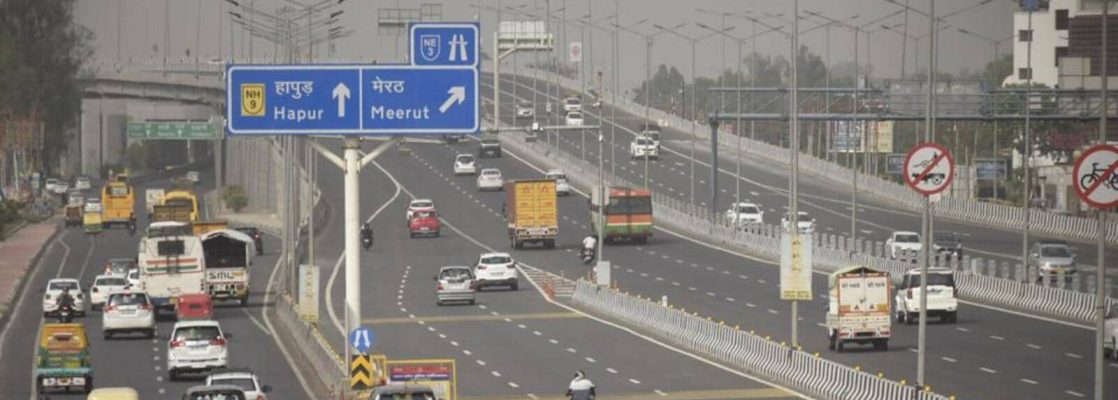
Road transport plays a pivotal role in connecting people, goods, and services across the globe. It serves as a lifeline for economies, enabling trade, facilitating mobility, and contributing to social development. In this article, we will delve into the multifaceted aspects of road transport and explore its significance in terms of economic impact, environmental sustainability, and future prospects.
- The Economic Impact of Road Transport:
Road transport is a driving force behind economic growth and development. It serves as a catalyst for trade, enabling the movement of goods and services efficiently and cost-effectively. The flexibility and accessibility of road networks make them indispensable for businesses, connecting production centers with markets and consumers. According to recent studies, road transport accounts for a significant portion of global trade, contributing to approximately [insert accurate percentage] of the total trade volume. This highlights its crucial role in fostering economic integration and prosperity. - Environmental Sustainability Challenges:
While road transport offers numerous economic benefits, it also poses challenges in terms of environmental sustainability. The combustion of fossil fuels in vehicles contributes to greenhouse gas emissions, air pollution, and climate change. As the demand for road transport continues to grow, it becomes imperative to address these environmental concerns. Governments, industries, and researchers are actively exploring alternative fuels, electric vehicles, and sustainable infrastructure to mitigate the environmental impact of road transport. Initiatives such as promoting public transportation, carpooling, and adopting eco-friendly practices are crucial steps towards achieving a more sustainable road transport system. - Technological Advancements and Future Prospects:
The future of road transport lies in technological advancements and innovation. The emergence of autonomous vehicles, connected infrastructure, and smart transportation systems holds immense potential to revolutionize the way we travel and transport goods. These advancements can enhance safety, efficiency, and sustainability in road transport. Additionally, the integration of artificial intelligence, big data analytics, and Internet of Things (IoT) technologies can optimize traffic management, reduce congestion, and improve overall transportation planning. As we embrace these transformative technologies, road transport will continue to evolve, offering safer, greener, and more efficient mobility solutions.
Conclusion:
Road transport plays a crucial role in the global economy, facilitating trade, connecting communities, and driving economic growth. However, it also poses challenges in terms of environmental sustainability. By embracing technological advancements, promoting sustainable practices, and investing in infrastructure, we can harness the full potential of road transport while minimizing its negative impact. As we move forward, it is essential to strike a balance between economic development and environmental stewardship to ensure a sustainable and efficient road transport system for future generations.

